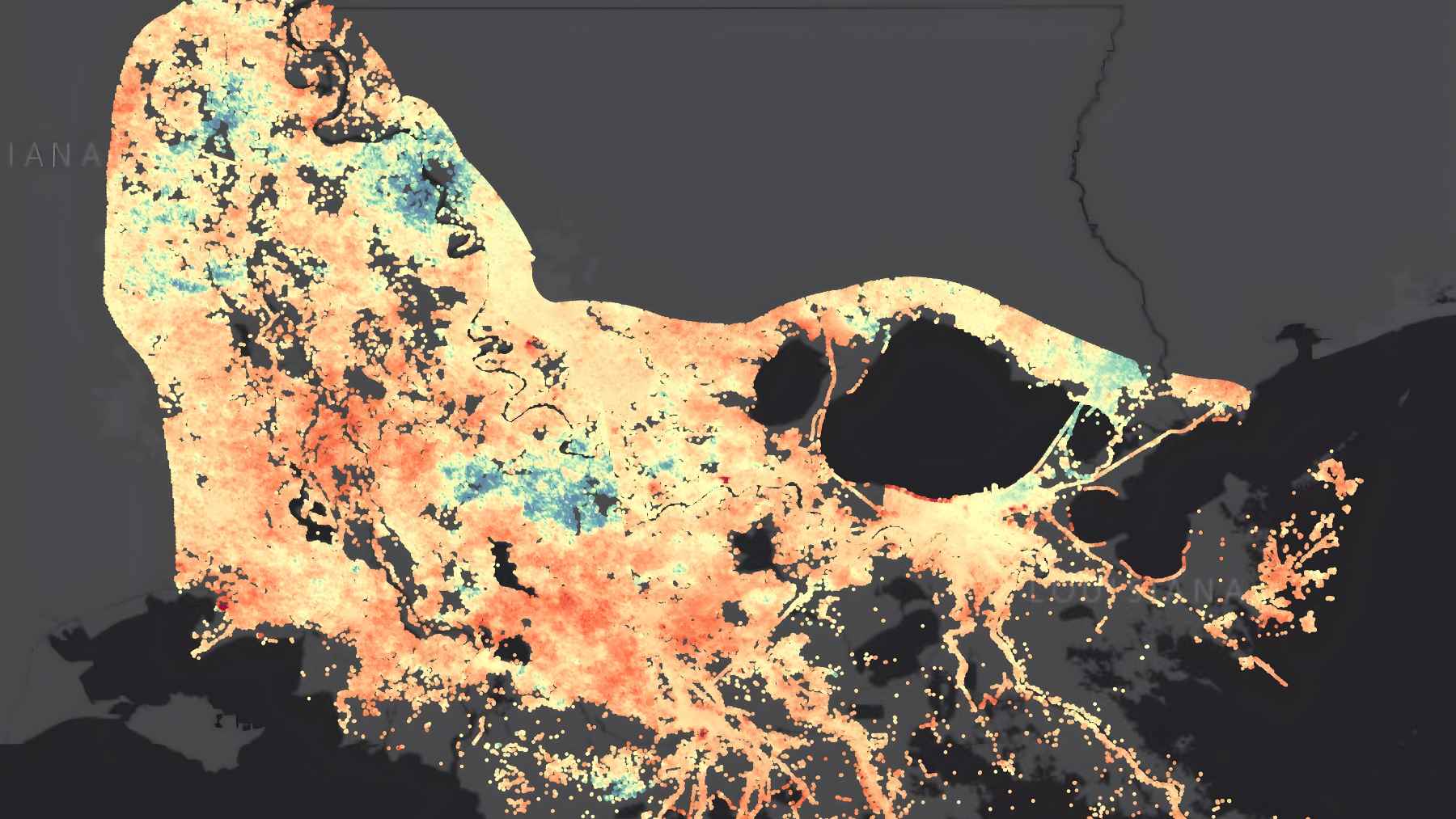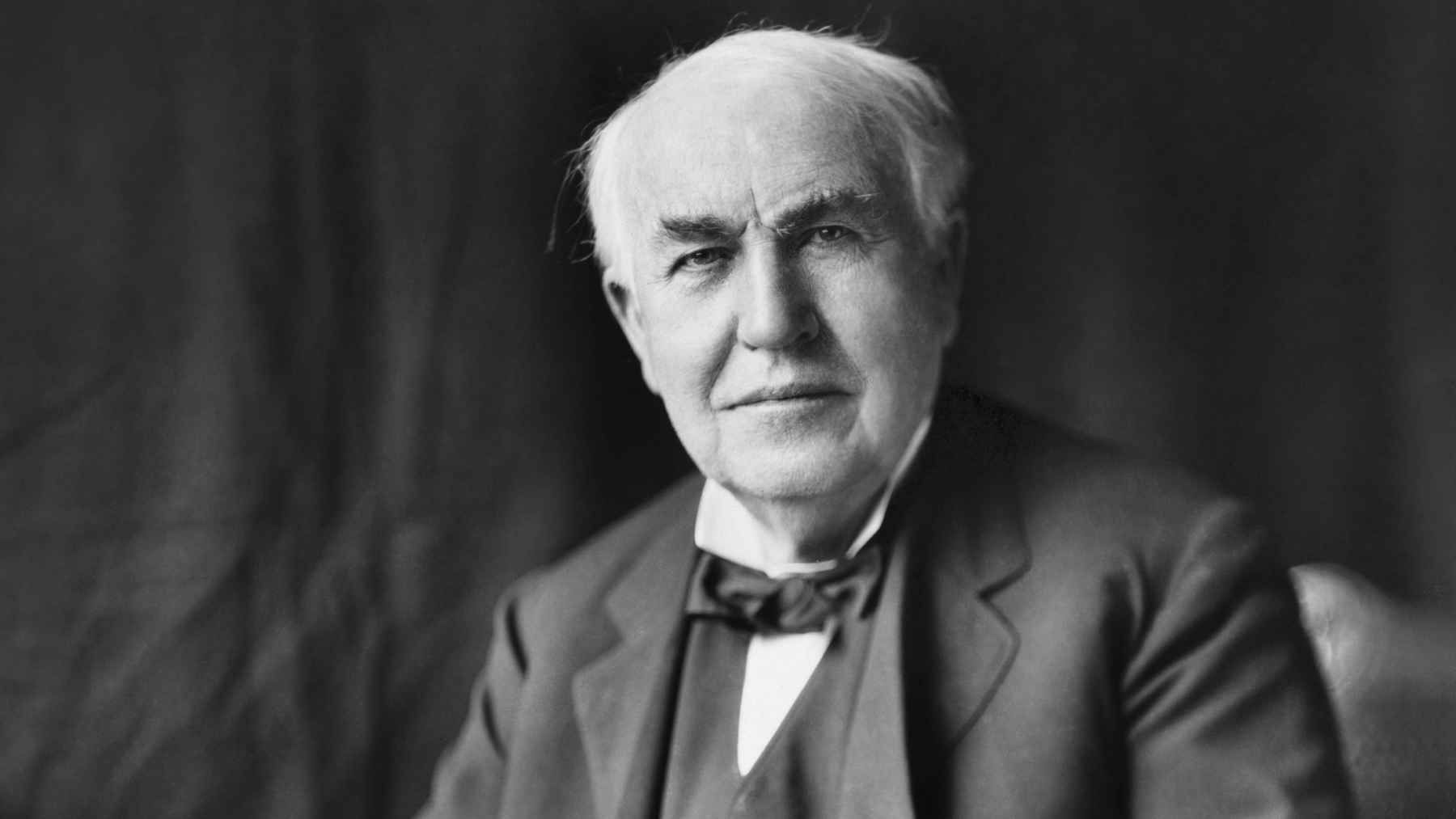Chicago is one of the cities that has embarked on brave measures with its introduction of the Guaranteed Basic Income program that will help reduce the sufferings of its economically distressed citizens. This program, organized by Mayor Brandon Johnson, is targeted to help low-paid families and gives them $500 per month for one year.
Relaunching a pilot that began last year, the stimulus check is expected to assist many Chicagoans in overcoming the effects of the COVID-19 pandemic and persisting inflation. As such, this effort calls for $32 million, which is a rather sound investment in the outlook for those most economically fragile populations of the City.
Information on the structure and funding of the program
Chicago pilot GBI provides $500 monthly stipends to eligible participants throughout the year. This program has, however, received a boost with an addition of $32 million to the existing framework, which is expected to be an extension of the existing program.
One of the parts of the fundraising comes from the Federal Rescue Plan, which means that there is cooperation between local and federal governments in combatting economic issues. The program primarily sought to work for communities where COVID-19 opening doors has more impact on funding for those who are experiencing the socioeconomic impact of the pandemic.
The City also expects that by having a stable monthly contribution to their financial problems, those residents will be able to start rebuilding their lives to generate more income for the economy to recover.
Basic interview eligibility requirements for the Chicago Basic Income program
Chicago Guaranteed Basic Income has some significant requirements that need to be fulfilled to be approved. First and foremost, they must be residents of Chicago, and this has to be proven beyond doubt for them to be considered. The community programs are particularly important to the adult population, with the ability to sign an agreement provided that the applicant is over 18 years old.
Another essential condition that must be shown regarding eligibility is that applicants are struggling financially due to the COVID-19 outbreak. It may encompass loss of employment, diminished working hours, heightened costs, or any other pandemic zonal losses. An applicant must prove that there are challenges in making expenditures for needs like food, electricity, water, and shelter.
However, no limit on the recipient’s income is stipulated, but the overall need and the degree of the adverse COVID-19 impact on the applicant’s financial situation will be taken into consideration. This approach permits viewing each applicant’s situation more comprehensively, which means that LCS might potentially consider applications of more people in need.
Application process and the distribution point method of teaching skills in vocational colleges
Chicago Guaranteed Basic Income Program The grant application process will be conducted through the City of Chicago website. It is not clear when the applications will officially open, though the City is striving to start the process as soon as possible. Prospective applicants should, therefore, ensure that they produce some documents that will be relevant in the selection process, such as proof of residence and proof of income.
The City wants to ensure that the application process is easy and everyone can access it because the demand is deemed high by the residents. Upon approval, qualified applicants will also receive their monthly cash payments as a pre-funded $500 debit card.
This distribution method is convenient and flexible since the recipients can spend the money as they wish for so many reasons. Whether it is for rent, food, electricity, or any other necessity, the funds are believed to be spent by the recipients in the manner most appropriate in each case.
Finally, the scale effort to assist residents experiencing economic difficulties
is the Chicago Guaranteed Basic Income program. Giving away $500 per month seeks to address the current basic needs while there could be improved economic performance. As Mayor Johnson and City officials strive to roll out this broader initiative quickly, those Chicago residents who might qualify for benefits should follow updates on deadlines and procedures.
This initiative is not only timely and relevant in the short term but also sits within the larger discourse on guaranteed basic income’s role in building future economic resilience. Over time, the program’s results for both the recipients and the society will be monitored to provide information that can aid in future policies in society and, most especially, in Chicago.














